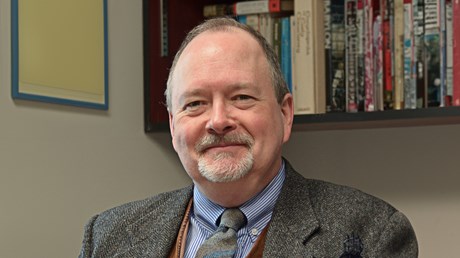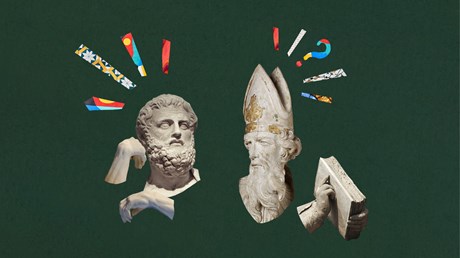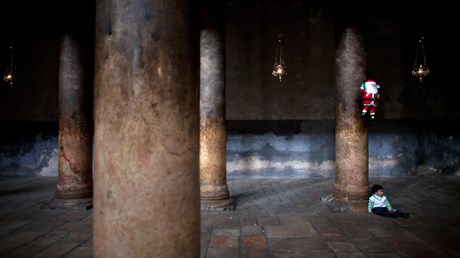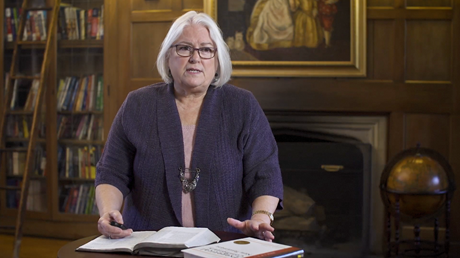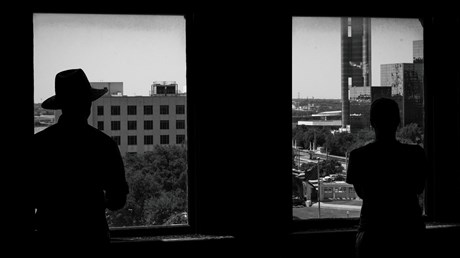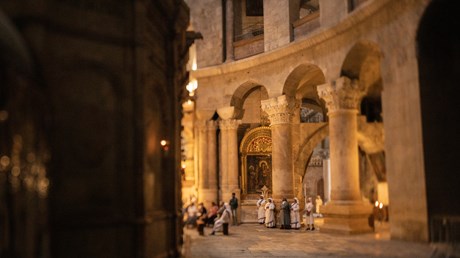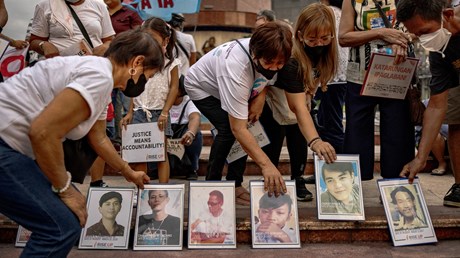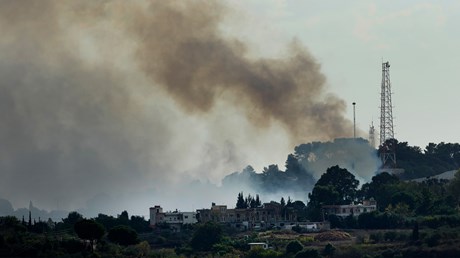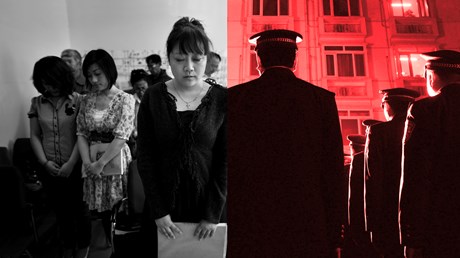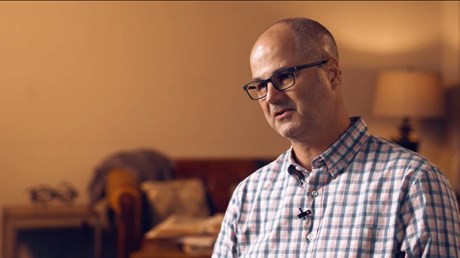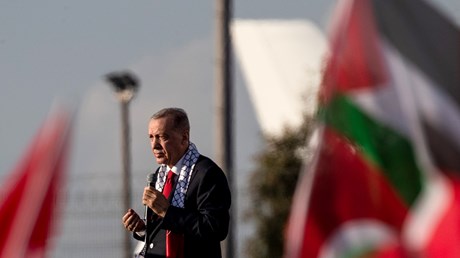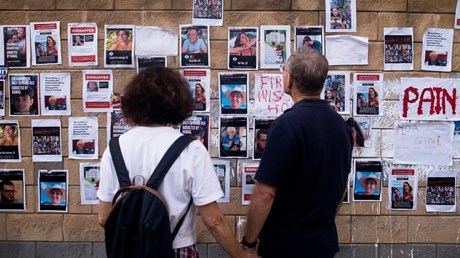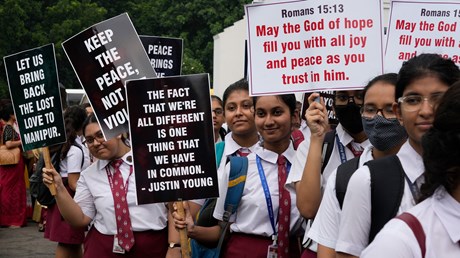After trials and turmoil, the first Black lead pastor at the DC-area megachurch will be commissioned with a nod to his heritage.

Weeks before his installation as the first Black lead pastor at one of the most influential churches in the Washington, DC, area, Mike Kelsey came across a dissertation written by a distant relative, theologian and social ethicist George D. Kelsey.
His great-great-great-uncle detailed the clashes around race and integration among Southern Baptists half a century ago. A professor at Morehouse College, he wrote about how racism was especially problematic within Christian communities, disrupting the neighborly love that was supposed to draw together the body of Christ.
As the younger Kelsey steps up to lead McLean Bible Church, he represents an exceptional case in today’s US evangelical landscape—perhaps the most prominent example of a Black minister rising to the top position at a historically white megachurch. But he’s also lived through a contemporary version of the faith and justice fights chronicled by his forebear.
Over Kelsey’s 16 years preaching and pastoring at McLean, he watched the nondenominational congregation and its leadership grow more diverse as DC did. Across five locations, McLean counts members from over a hundred countries now. There were answered prayers, lessons learned, and moments of unity along the way, but it didn’t come easy. His wife remembers that even just a handful of years ago, people were saying Kelsey could never lead the church.
From the start, Kelsey experienced the culture shock of the megachurch setting. He felt the sting of congregants who dismissed Barack Obama’s election to the White House, the pressure of preaching boldly amid a string of high-profile Black deaths and the Black Lives Matter movement, and the tension from internal church conflict spurred ...
from Christianity Today Magazine https://ift.tt/akMUP7j







